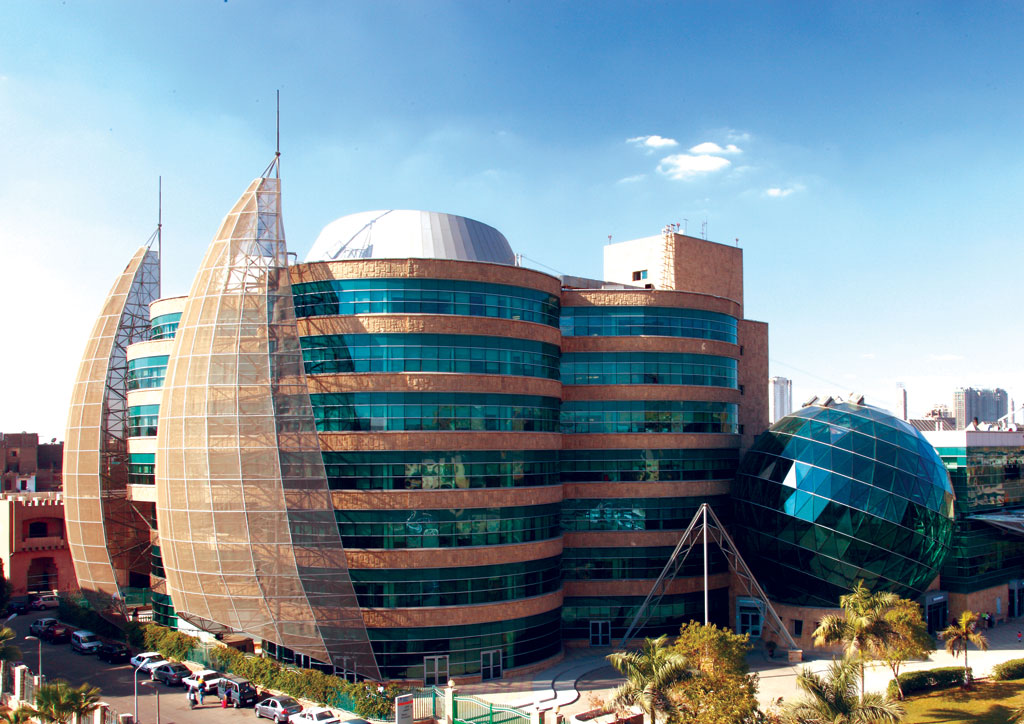Medical Internship 2024

Overview
Internship for medical students provides valuable exposure to real-world healthcare settings, allowing them to shadow experienced professionals and gain insights into various medical specialties. Through this observer ship, students have the chance to observe clinical procedures, patient interactions, and healthcare delivery systems. Additionally, they can learn about the interdisciplinary collaboration involved in patient care and witness the application of medical knowledge in diagnosing and treating illnesses. Overall, observer ship offers medical students a unique learning experience that complements their formal education and helps them make informed decisions about their future career paths in medicine.
Learning Objectives
By the end of this workshop participants will be able to:
–Inpatient Clinic:
o Learn how to collect information (history taking, physical examinations, and vital signs) and proper clinical assessment of all patients in the hematology, solid, BMT and neuro-oncology departments.
o apply basic infection control measures including strict precautions for isolated cases.
o Identify common presenting signs & symptoms.
o Recognize and learn the importance of the electronic medical system in providing medical care including basic investigations and daily notes.
o Identify different types of medications given as intravenous fluids, antibiotics, chemotherapeutic drugs, nutrition, and pain management.
o Recognize varieties of diagnostic labs and imagining used.
o understand how ethical behavior, respect, patient privacy, and responsiveness to the needs of patients and families are undertaken.
o Develop effective communication with patients/families, colleagues, and other health professionals.
-Emergency:
o Recognize the most common emergency features presented to emergency room and how to deal in a professional way.
o Categorize patients presented to the emergency room according to the severity of the condition using the triage assessment score.
o understand smooth patient flow within the department
-BMT:
o understand indications for stem cell transplant and See how stem cells collected
o Understand short and long-term toxicities and the infectious complication of stem cell transplant
o differentiate between Autologous and Allogenic HHSCT
o Understand the benefits and risks associated with transplantation procedures, including organ and tissue transplantation.
-Surgical pathology:
o Gain basic and essential knowledge of the function of the laboratory in all areas of surgical pathology, laboratory medicine, hematology, microbiology, and virology to understand the role of the lab within the multidisciplinary patient care team.
o Understand the hematoxylin and eosin staining and other essential parts of pathology procedures with a common histologic malignant diagnosis.
o Understand, and learn how to interpret the main laboratory tests used in common practice.
-Radio diagnosis:
o Recognize types and values of different imaging modalities including X-Ray, ultrasound, CT, and MRI.
o Understand role of imaging in diagnosis, staging, and follow-up of oncology patients
-Radiotherapy:
o Recognize the patient workflow and common indications for radiotherapy in different childhood cancer.
o Recognize the main complications of radiotherapy
-Endocrinology:
o access growth and development in different pediatric age group.
o take full history and clinical examination for common endocrinal problem in countered in childhood cancer survivors
-Clinical & Basic Research:
o Recognize basics for patients’ data collection, general overview of treatment protocols, and statistics.
o Gain the essentials basics of DNA replication, nucleic acids, genetic information, and PCR techniques
-Cardiology:
o Gain an understanding of pediatric cardio-oncology, including the intersection between pediatric cardiology and oncology
o Learn to evaluate and interpret electrocardiograms (ECGs) in pediatric patients, recognizing common ECG findings associated with cardiac pathology and their clinical implications.
o Understand cardiac history taking and symptomatology assessment to identify cardiac abnormalities in pediatric patients, enabling accurate diagnosis and treatment
-Clinical Transition:
o Figure out modalities to incorporate medical education into practice
Duration of Course
10 working days
Schedule
| Week 1 | ||||
| Date | Day | 09:00 am – 12:00 pm | 12:00 pm – 01:00 pm | 01:00 pm – 04:00 pm |
| Day 1 | 1 | Orientation and hospital tour | Break | Psychosocial |
| Day 2 | 2 | Inpatient | Break | Inpatient |
| Day 3 | 3 | Emergency | Break | Bone Marrow Transplant |
| Day 4 | 4 | Inpatient | Break | Inpatient |
| Day 5 | 5 | Surgical pathology | Break | Radio diagnosis |
| Week 2 | ||||
| Date | Day | 09:00 am – 12:00 pm | 12:00 pm – 01:00 pm | 01:00 pm – 04:00 pm |
| Day 6 | 1 | Endocrinology | Break | Clinical & Basic Research |
| Day 7 | 2 | Radiotherapy | Break | Radiotherapy |
| Day 8 | 3 | Surgical Room | Break | Cardiology clinic |
| Day 9 | 4 | Neurological Assessment | Break | Blood bank |
| Day 9 | 5 | Procedure and Daycare | Break | Clinical transition |
Available dates
| Wave 1 | 21/07/2024 | 31/07/2024 |
| Wave 2 | 04/08/2024 | 15/08/2024 |
| Wave 3 | 18/08/2024 | 29/08/2024 |
| Wave 4 | 01/09/2024 | 12/09/2024 |
| Wave 5 | 15/09/2024 | 26/09/2024 |
| Wave 6 | 29/09/2024 | 10/10/2024 |
Target Audience
undergraduates and fresh graduates from faculty of Medicine
Certificate Requirements
In order to receive your certificate, you have to attend not less than 70%.
• Hard copy for 100 Egyptian Pounds
• Soft copy for free